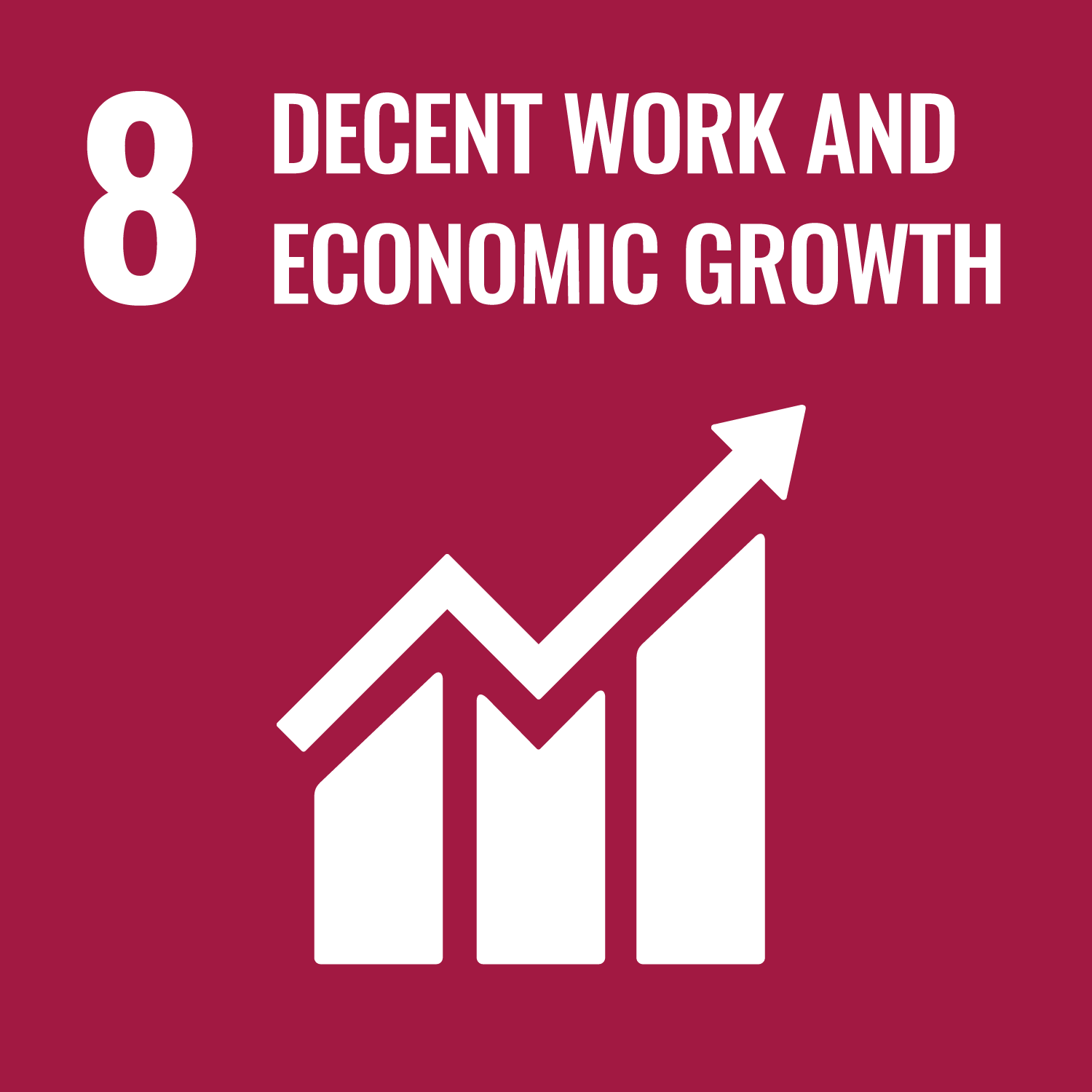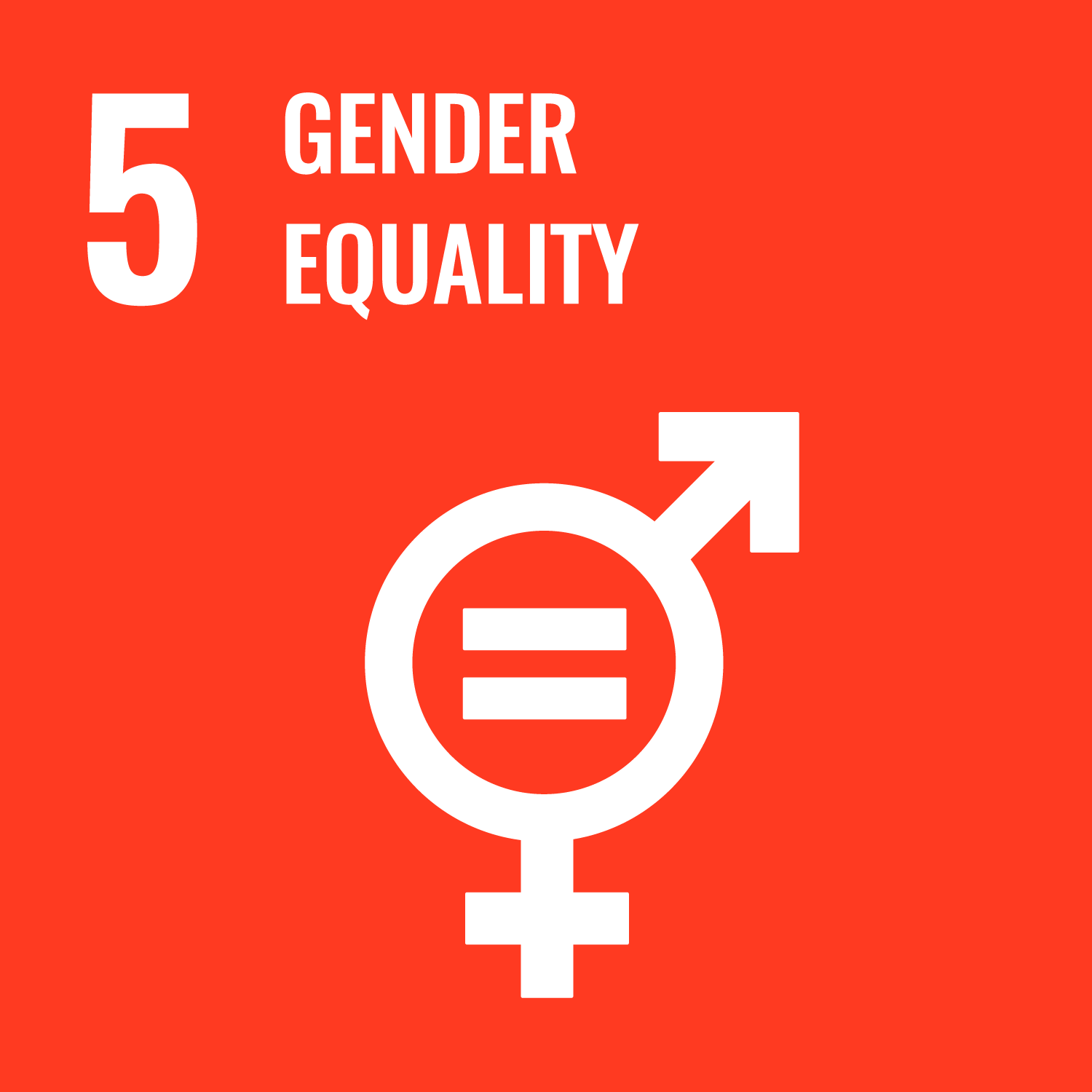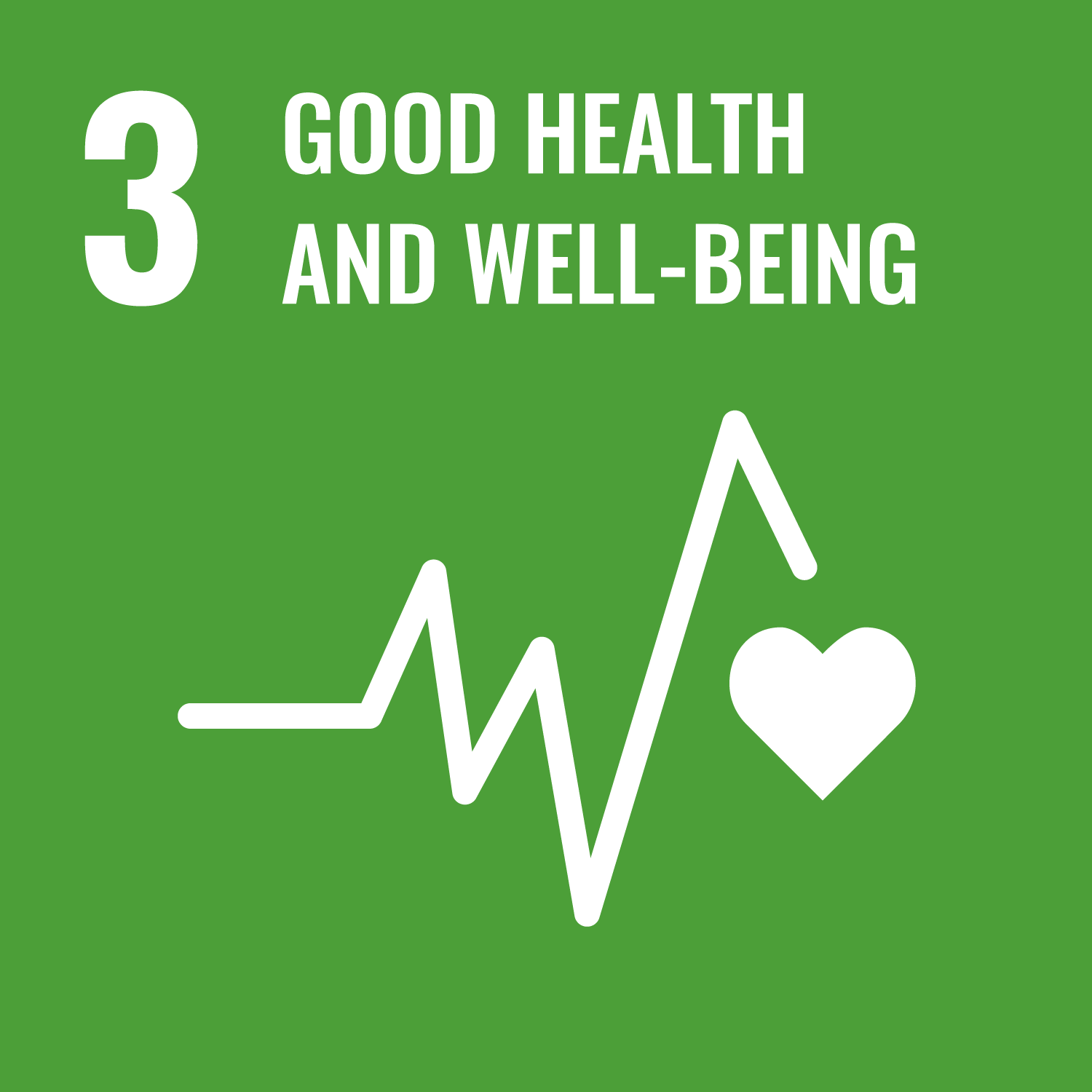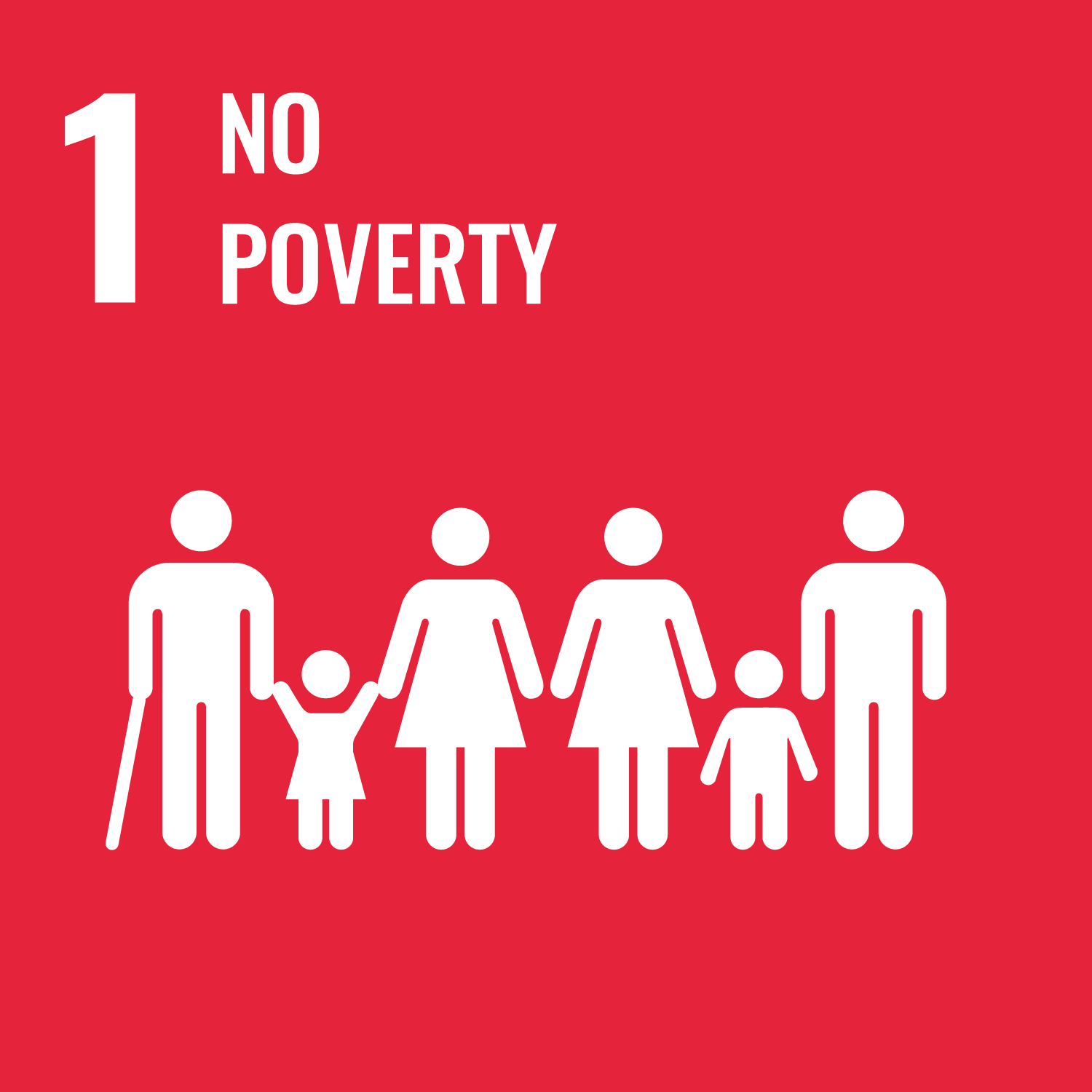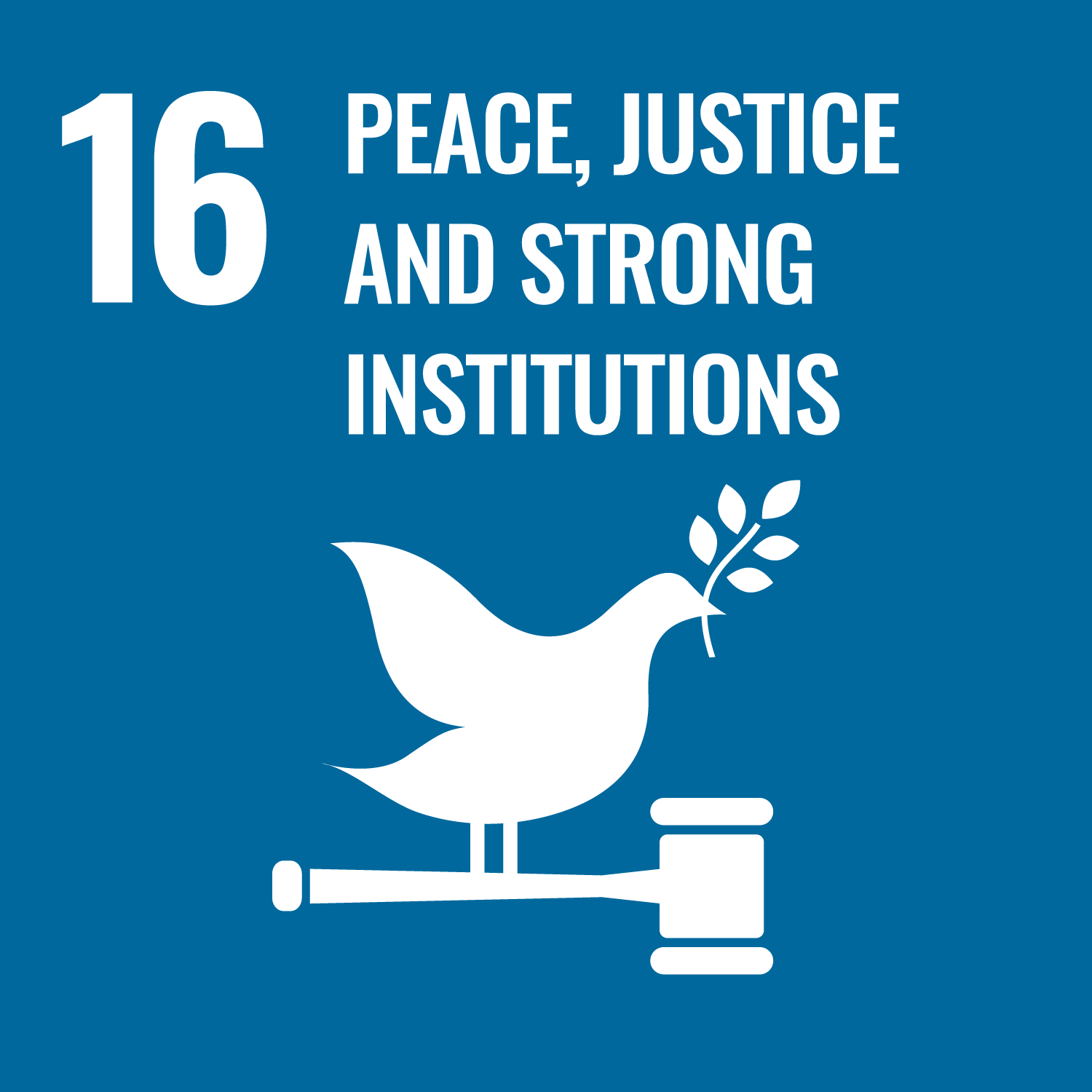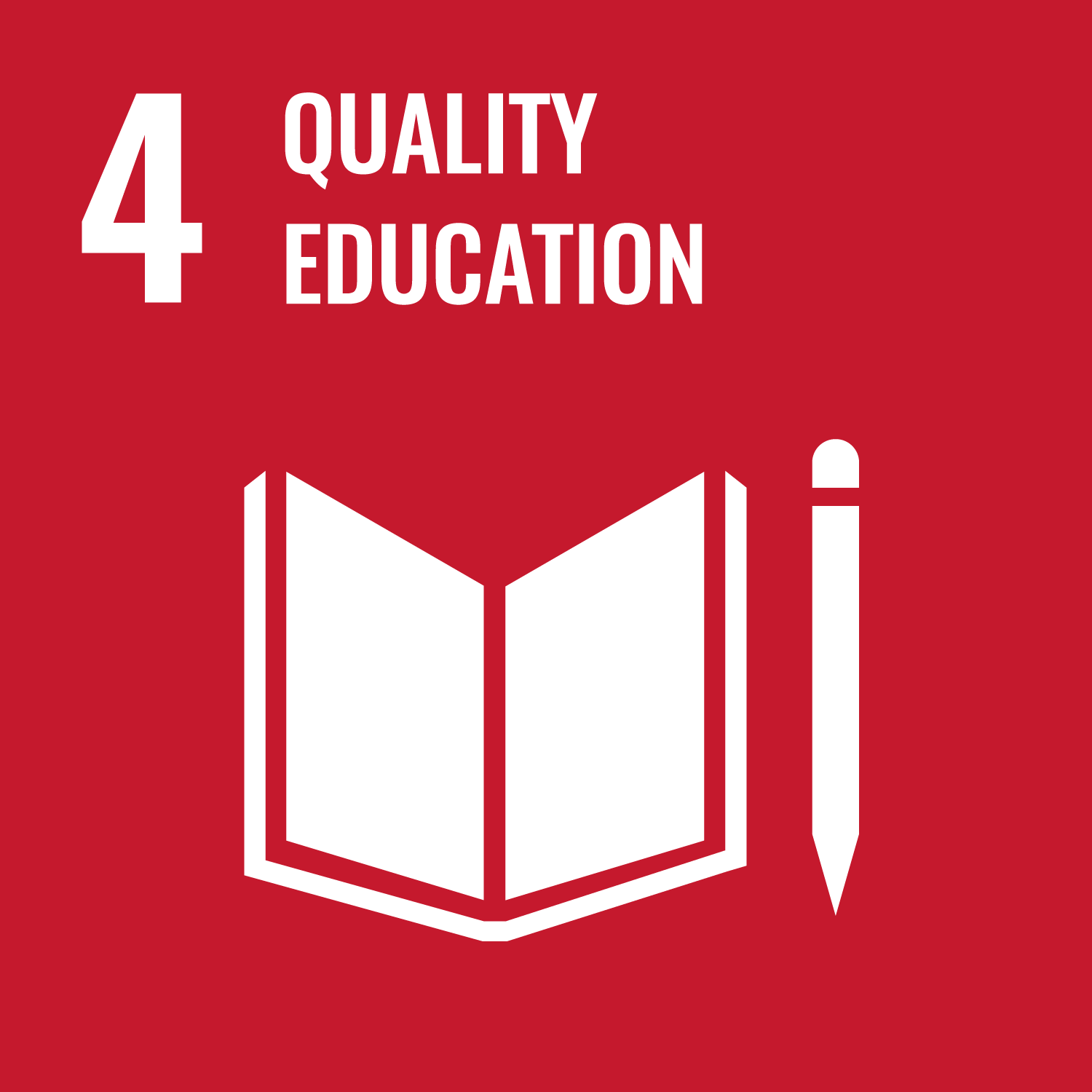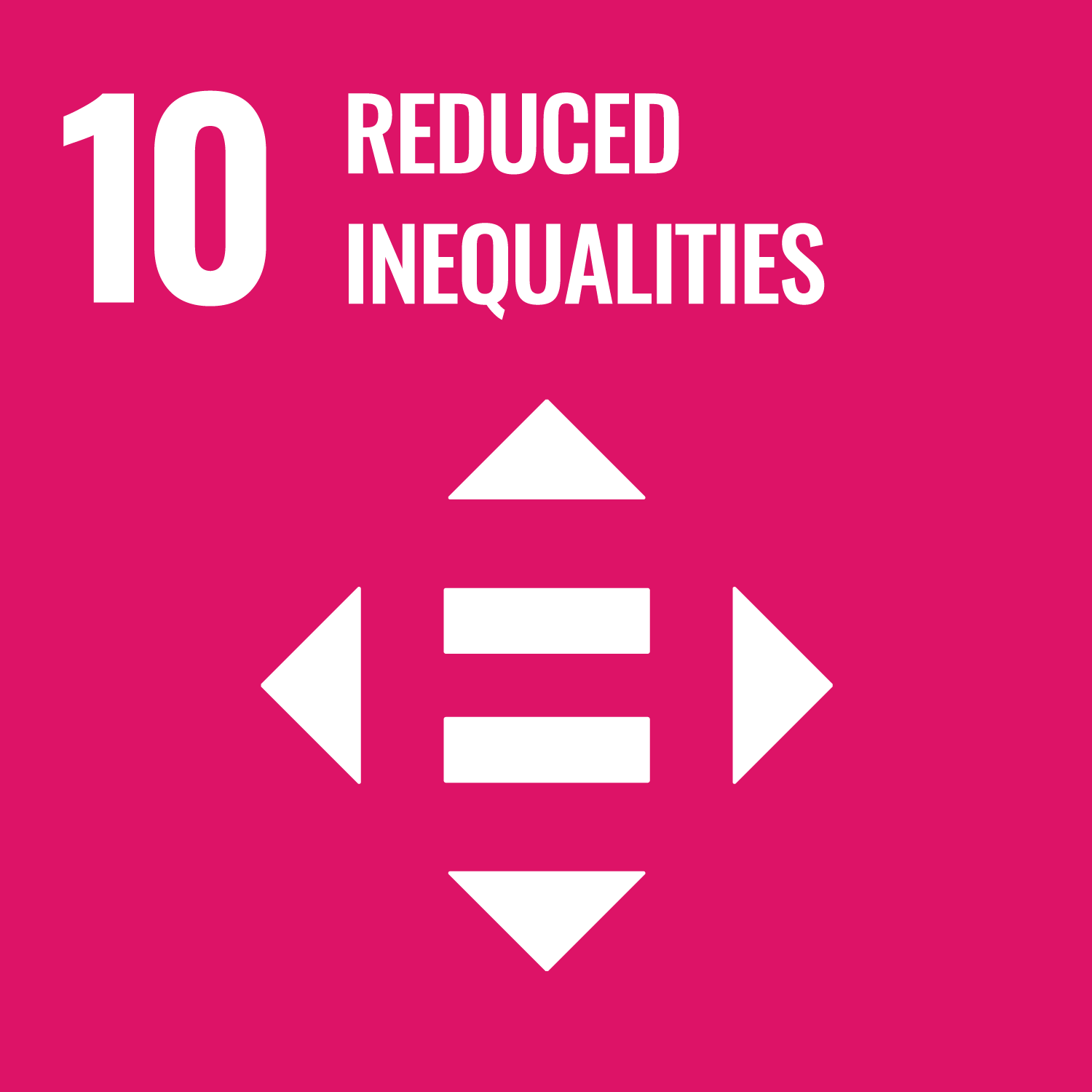SACRU International Insight on Family: reflections on Family Migration
Invisible Heart for Invisible Hand
Keiko Hirao, Graduate School of Global Environment Studies
- Research
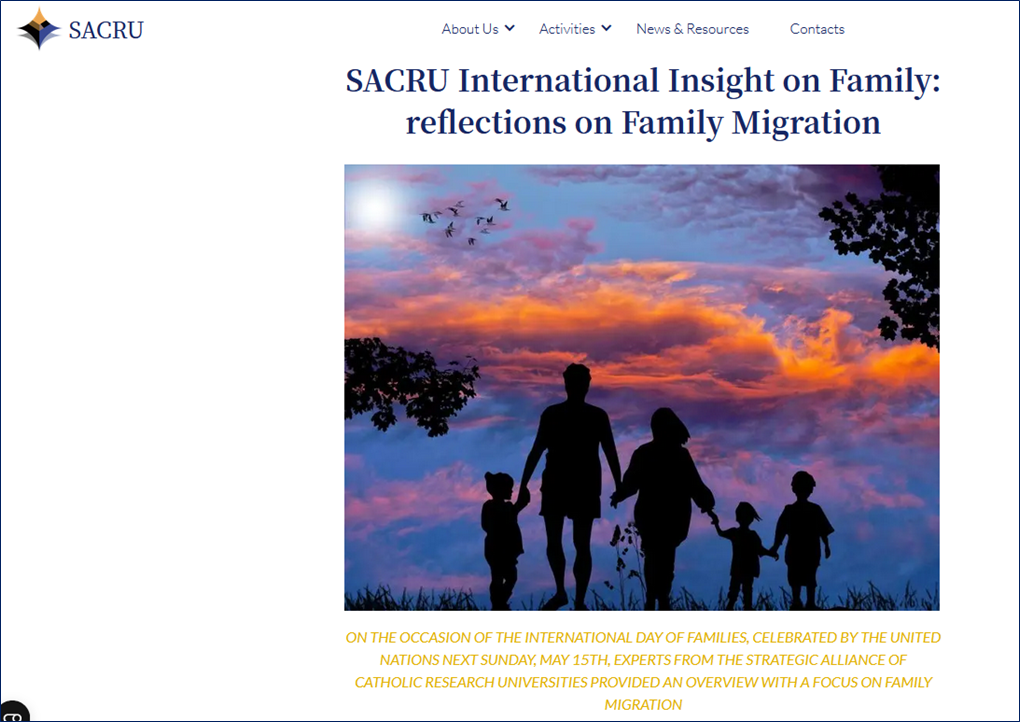
Invisible Heart for Invisible Hand
Keiko Hirao, Graduate School of Global Environment Studies, Sophia University (Japan)
The original concept of sustainable development refers to our obligation when meeting our needs that we should not compromise the ability of future generations. Nevertheless, where does this “future generation” come from? This simple question reveals the blind spot in sustainability discourse that we have ignored the crucial role of the family in society. Despite a popular notion that the family is losing importance in individual lives, and regardless of its definitions, the family still is the only institution generating children. More importantly, parents provide this service to a society free of charge.
Societies cannot be sustainable unless their population is regenerated. This mundane theorem has become a serious social concern in Japan which has been the front runner in the world megatrend of low fertility and aging population. The birthrate in Japan is falling faster than expected, and estimated birth in 2021 dropped to the level projected for 2028. Consequently, about 896 municipalities out of 1,799 will disappear by 2040 due to depopulation. This estimate is based on the data that these cities are losing women of reproductive ages either by low fertility (fewer girls born each year) or by women migrating to larger cities where there are more education and employment opportunities.
There is no panacea to this problem, but the literature suggests that the key is ensuring gender equality and solving the work-and-family conundrum. When we say families are the primary agent for childrearing, we should acknowledge that mothers are bearing the lion’s share of the unpaid work. The economic insecurity of young men has made dual-earner families a norm, yet there is no country where men spend longer hours in domestic work and childcare than women do. For many families in the world, children are economically worthless but emotionally priceless. We then must reexamine the systematic devaluation of the Invisible Heart that provides a future workforce to the market.

